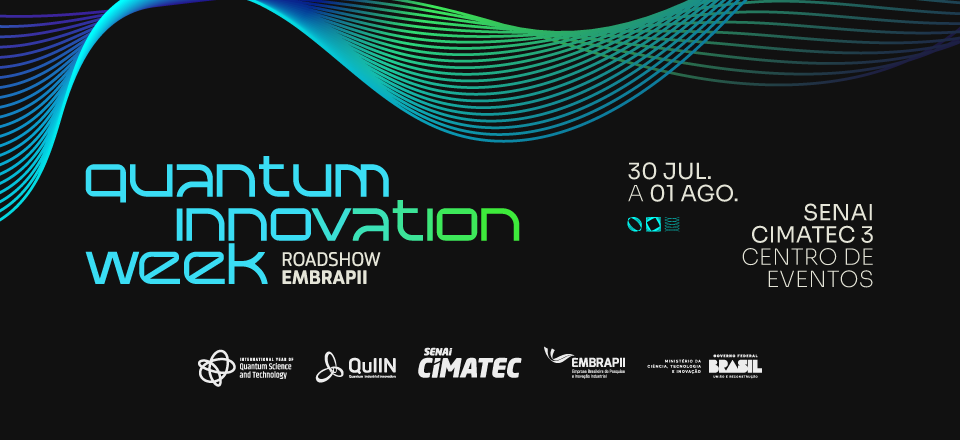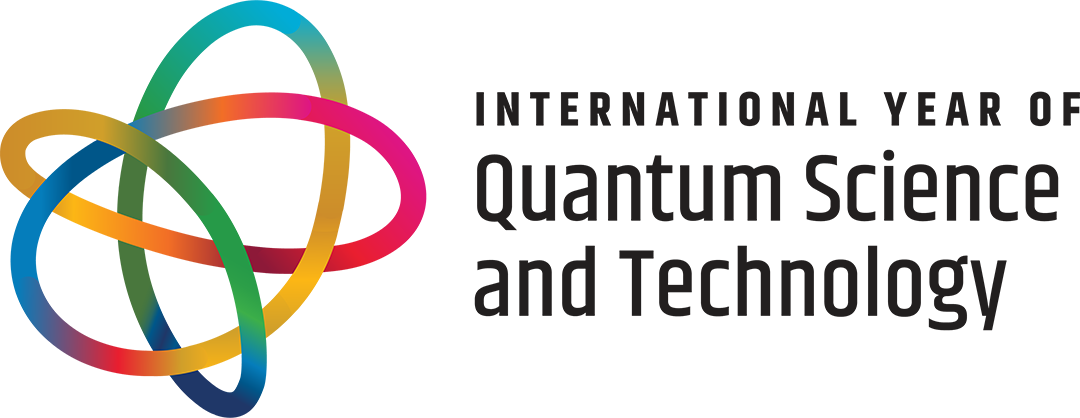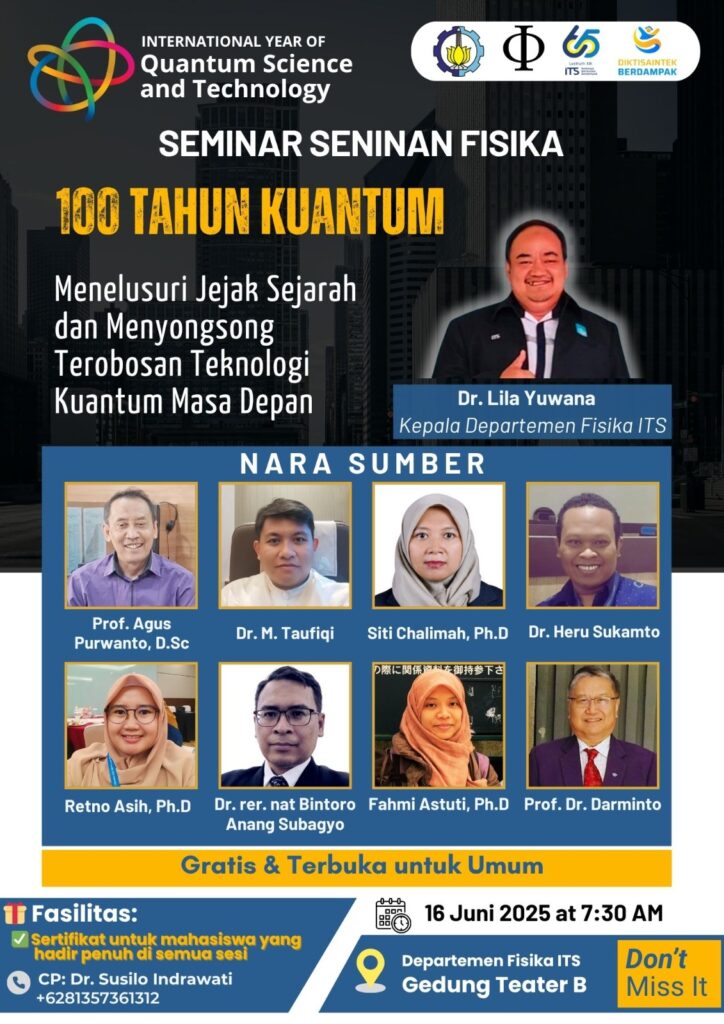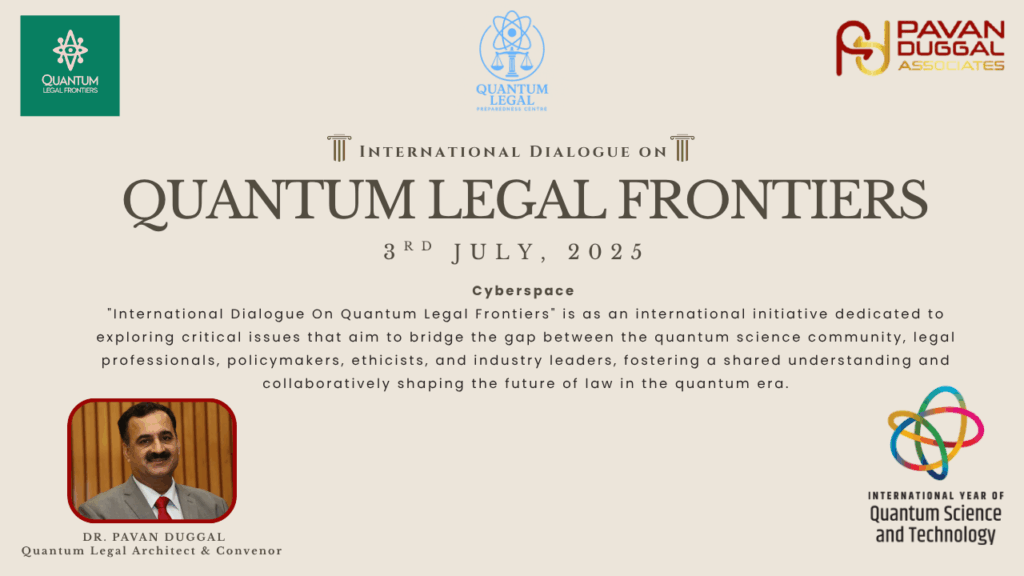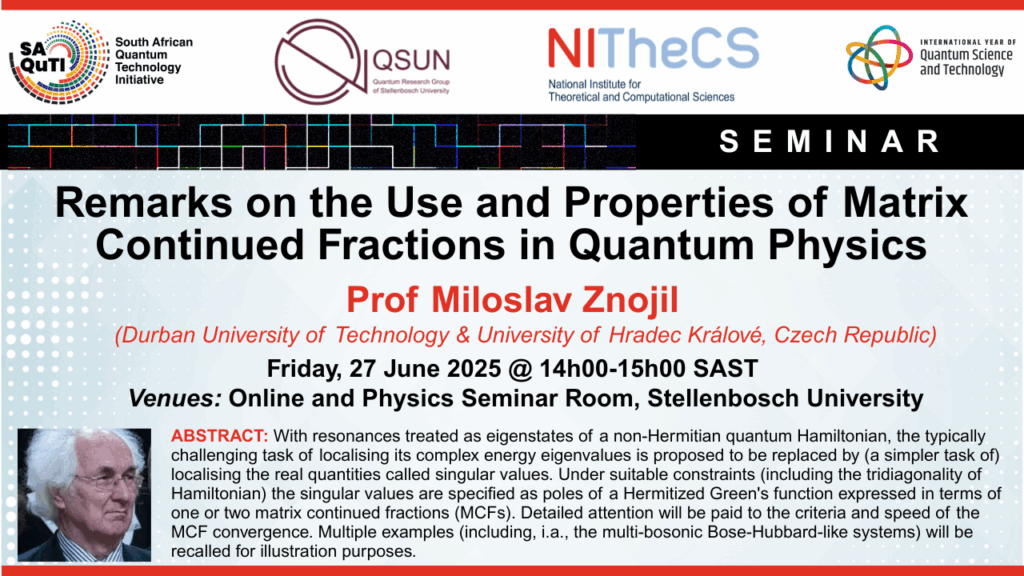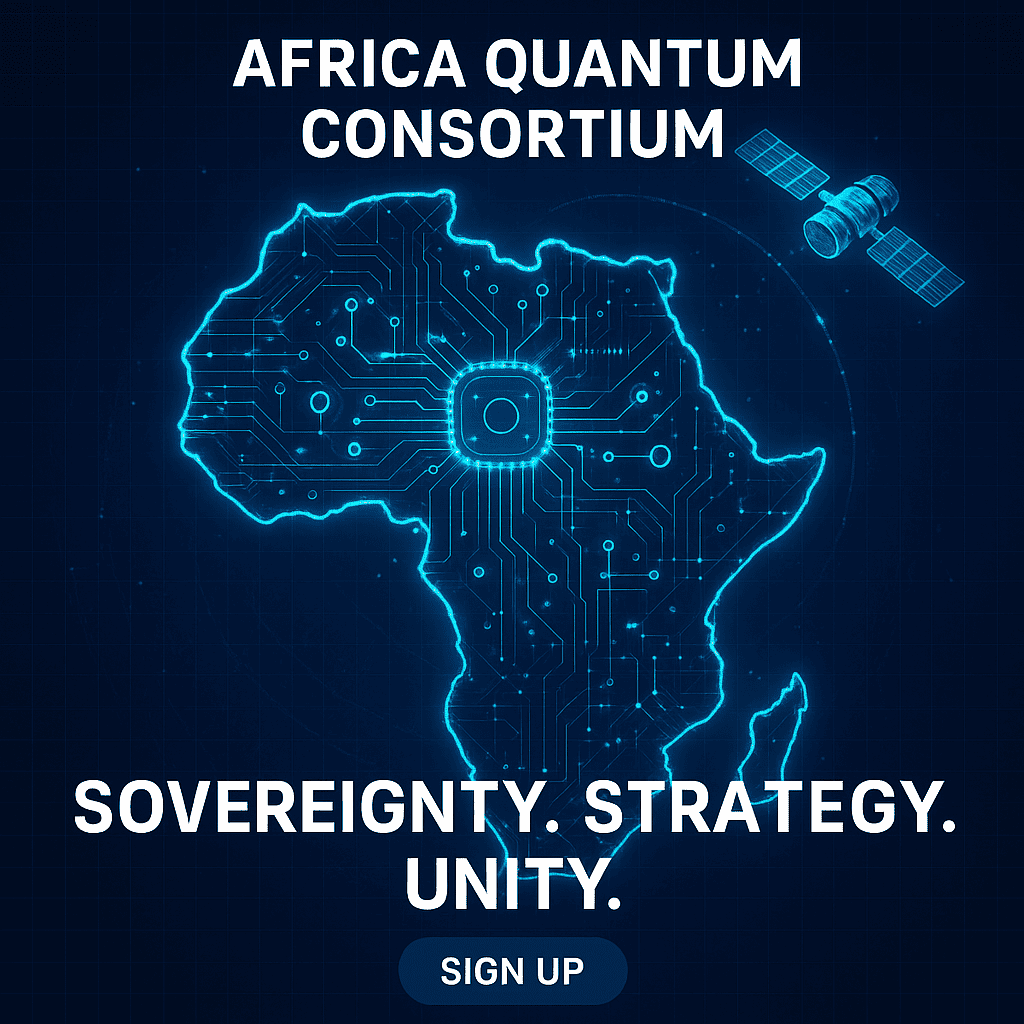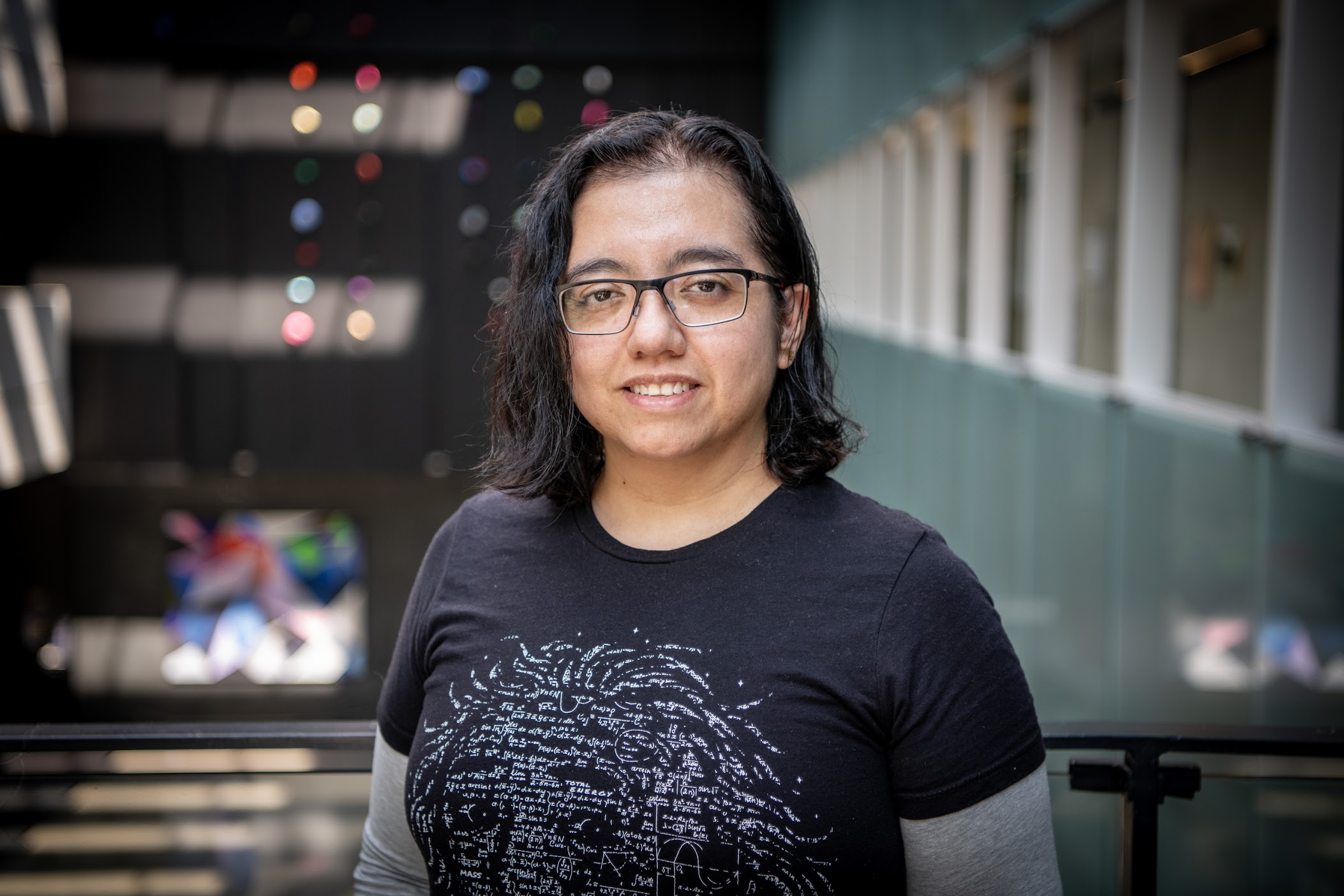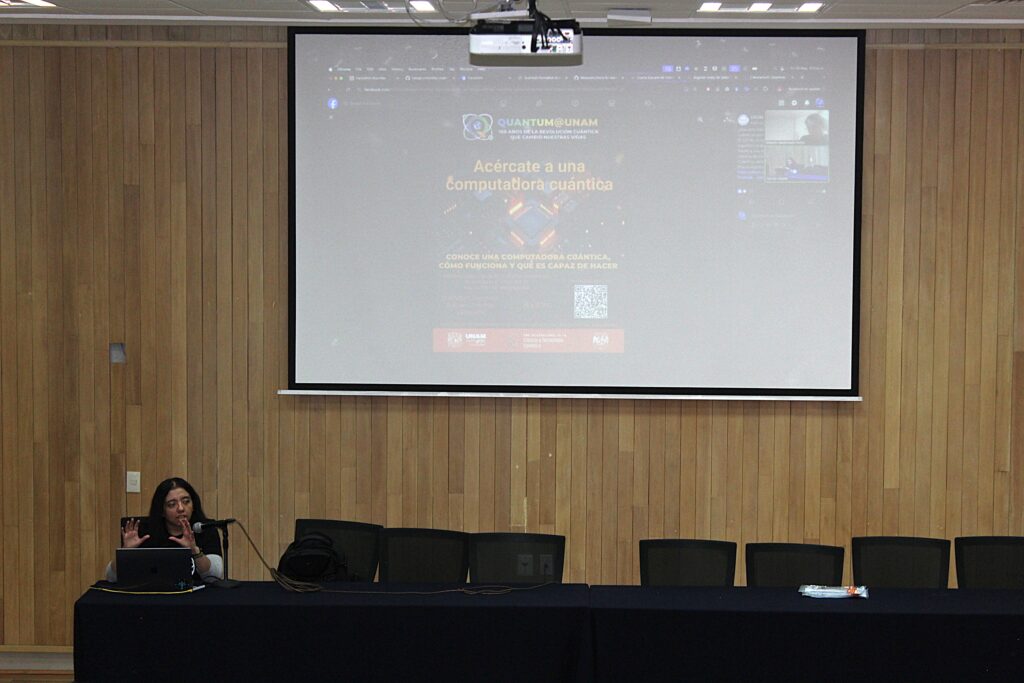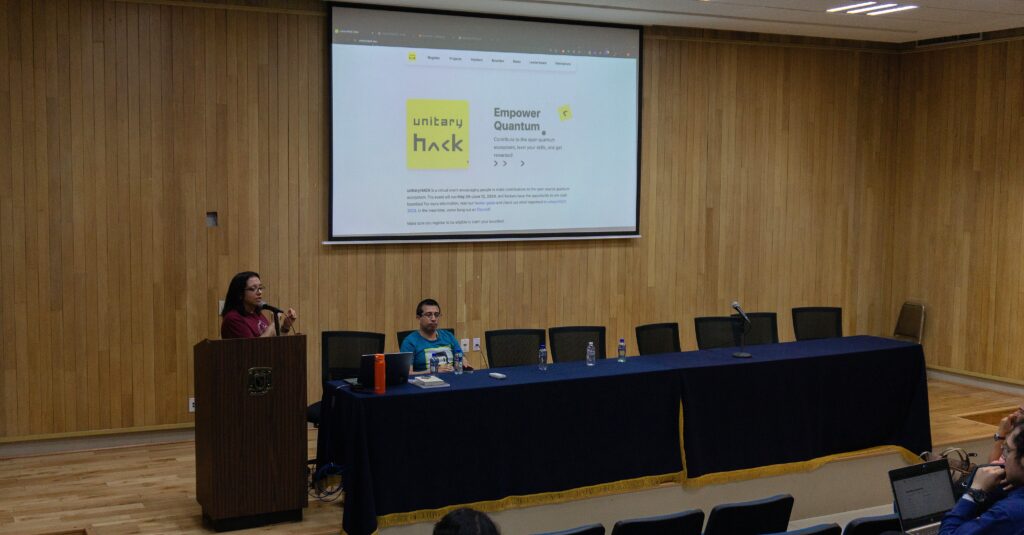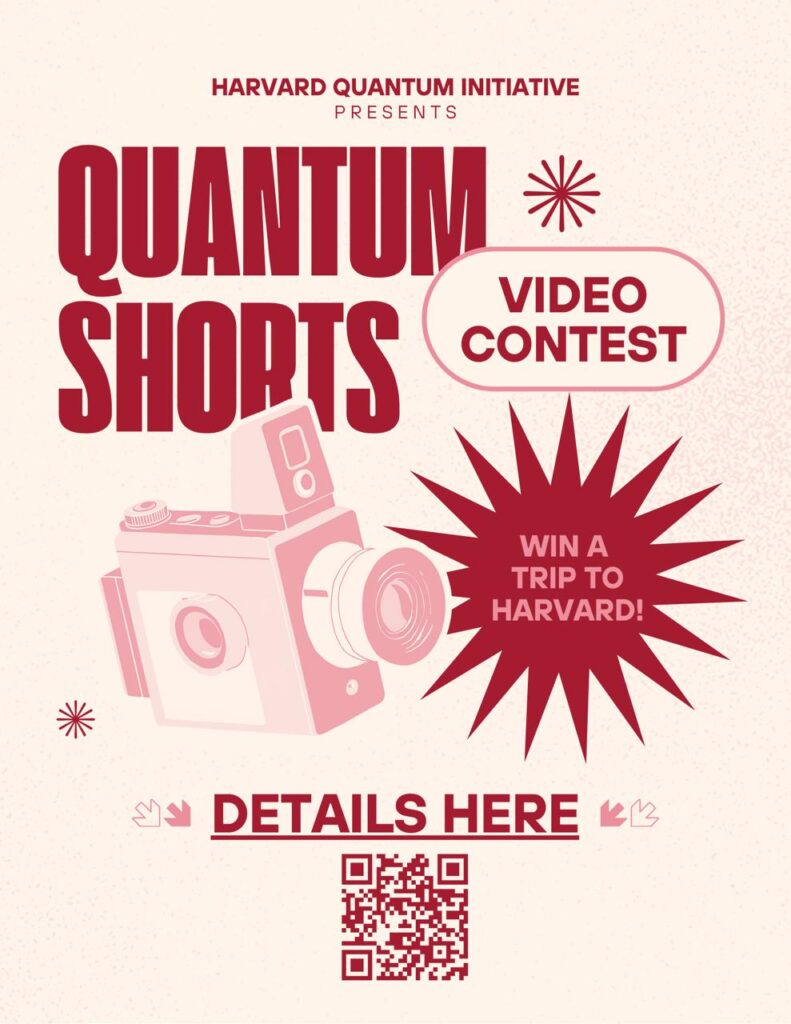Interview with Claudia Zendejas-Morales,
A driving force behind quantum computing in Mexico and Latin America, developer of the Tequila programming platform, mentor at QWorld, and IBM Qiskit Advocate
Imagine a machine capable of solving problems that would take even the world’s most powerful supercomputers longer than the age of the universe to crack. As fantastical as it sounds, that’s one of the superpowers promised by emerging quantum technologies. And these technologies—like quantum computing—are starting to leap from labs to industry. In Mexico, serious strides are already being made to be part of this transformative future.
One of the pioneering scientists leading the way is physicist and computer engineer Claudia Zendejas-Morales. Her academic journey began in software engineering, but it was a quantum mechanics course that sparked her passion for quantum computing. Since then, she has built a solid academic and professional profile, participating in programs like USEQIP at the University of Waterloo, the Quantum Open-Source Foundation’s mentorship program (where she collaborated with The Matter Lab at the University of Toronto), and the IBM Quantum Summer Schools.
“As a physics student, I took quantum mechanics and found the subject fascinating. In that first class, they introduced us to quantum computing, and I dove in. At my school, there was little to nothing about quantum computing, so I actively sought out ways to learn about it online. That’s how I connected with different people and institutions involved in quantum computing. From there, I’ve been actively participating in the field,” Claudia explains enthusiastically.
“Access to the internet has been essential—it’s what allowed me to train and participate as a developer and mentor in projects like the Quantum Open Source Foundation. That’s where I worked on the Tequila project, which eventually led to a publication in IoP Science.”
Promoting Quantum Education in Latin America
Alongside her own training, Claudia has made a massive effort to promote education in quantum technologies across Mexico and Latin America. She became a Qiskit Advocate (Qiskit is IBM’s quantum programming platform), and has collaborated with initiatives like Quantum Flytrap, Qubit by Qubit, and QWorld. Always focused on Spanish-speaking students, she has developed educational content, translated Qiskit documentation into Spanish, and coordinated quantum computing courses at the National Autonomous University of Mexico (UNAM). She’ll soon join the University of Copenhagen’s Quantum Information Science program.
“A few years ago, there was nothing—now there’s something growing little by little. Thanks to people like Alberto Maldonado, we’ve kickstarted quantum computing in Mexico and created a community. He organized the first Qiskit Fall Festival in 2021, and we’ve held one every year since. Through him, I connected with a professor from another state working in quantum, and I reached out to folks at UNAM’s engineering faculty who were also interested. That’s how the community in Mexico has grown—we’re organizing more and more quantum events.”
QClass 23–24: A Game-Changing Experience
One of Claudia’s most rewarding experiences was organizing QClass 23–24, a free, advanced two-semester program in quantum computing for students from a wide range of backgrounds.
“What gave me the most satisfaction was coordinating a QWorld event called QClass 23–24. We ran postgraduate-level courses for two semesters. I was not only a mentor but also a professor—I designed the exams and course content using Qiskit. More than 1,500 students from over 100 countries and diverse professional backgrounds participated. It was incredibly rewarding—and all of it was free, because that’s the goal: to support others.”
A Quantum Network for Mexico
More recently, Claudia co-organized a national event alongside Dr. Alberto Maldonado and other collaborators, bringing together students, teachers, researchers, and industry professionals to collaborate, learn, and unlock new opportunities in quantum computing. Remarkably, the entire event was held in Spanish and prioritized inclusion.
A major barrier to learning quantum computing in Latin America is language—most resources are in English, and the concepts are already difficult. The event focused on creating learning spaces in Spanish, with accessible, clear explanations. As detailed in a paper published by IEEE, over 76% of participants—many without prior experience—felt confident diving into quantum computing thanks to this approach.
The attendee pool was highly diverse: undergraduates, master’s students, high schoolers, professors, professionals, and even public-sector workers. Over 40 universities were represented, some from outside Mexico. Women and non-binary people participated actively, highlighting the importance of diversity in scientific spaces.
One key goal of the event was to build a collaboration network between universities, research centers, and tech companies. That network is now a growing reality, with institutions like UNAM’s CECAv, the Autonomous University of Puebla (BUAP), Tecnológico de Monterrey, and companies like IBM Quantum, Xanadu, Quantinuum, and the Unitary Fund involved.
“Thanks to the network, our summer school at the engineering faculty now draws hundreds of attendees. We’re reaching more people and training more minds. The network and school are growing—it’s exciting to see. More students are getting interested, and some are even planning to write their thesis on quantum computing.”
Building a Quantum Community with Qiskit
Claudia’s journey with Qiskit perfectly illustrates how early access to educational tools can ignite passion and lead to meaningful contributions in a global tech community. What began as curiosity grew into mentorship, leadership, and major contributions to Spanish-language content.
“I primarily learned quantum computing through Qiskit, especially at the beginning. IBM did a great job promoting their platform and hosted events like the summer school, fall festival, and the Advocate program. I started as a participant, then became part of the staff. I became a Qiskit Advocate and began mentoring and translating materials into Spanish—tutorials, textbooks, programming notebooks. That led me to join the core localization team and get deeply involved.”
Woman. Latina. Scientist. Facing Challenges and Winning
Alongside her academic and technical achievements, Claudia has faced challenges rooted in gender and origin. Being a woman from Latin America has meant dealing with bias and discrimination. Her story highlights a persistent issue in STEM: the need to constantly prove yourself, being ignored in collaborative spaces, or judged for your name or nationality.
“This has been clear to me since the beginning: being a woman often means your knowledge isn’t considered sufficient or valid—especially by some men. I’ve seen it happen to other women, too. We have to work twice as hard to be heard or recognized as capable.”
“I’ve been rejected just for being a woman. At some hackathons, I tried joining teams but got no response. Then I’d see how the groups formed—and it was clear gender played a role.”
“Being Latin American adds to it. I’ve noticed people reacting to my surname or to the fact that I’m Mexican. Sometimes I even avoid saying where I’m from because people immediately form a limited idea about my abilities. Some don’t even know where Mexico is, but they still judge.”
Despite these hurdles, Claudia has found ways to turn exclusion into motivation. A great example is her second-place finish at a hackathon organized by Zaiku Group Ltd., where she and her team dotQ developed a hybrid quantum–classical model for genomics. This win wasn’t just technical—it was a statement against prejudice.
Final Thoughts: Feed Your Curiosity
After years of building pathways for quantum computing in Mexico and facing structural barriers, Claudia Zendejas-Morales offers this advice:
“I tell young girls to get into quantum computing. A lot of people hear the word ‘quantum’ and get scared without really knowing what it’s about. But the key is to dive in. Fortunately, there are now many entry points at different levels.”
“If you don’t know physics—you can learn. If you can’t code—you can learn. If you don’t speak English—that too can be learned. What matters is not ignoring your curiosity. Follow it. Explore. Seek answers.”
Mexico is planting the seeds for a solid, collaborative, globally connected quantum community—and anyone can be part of this technological era.
